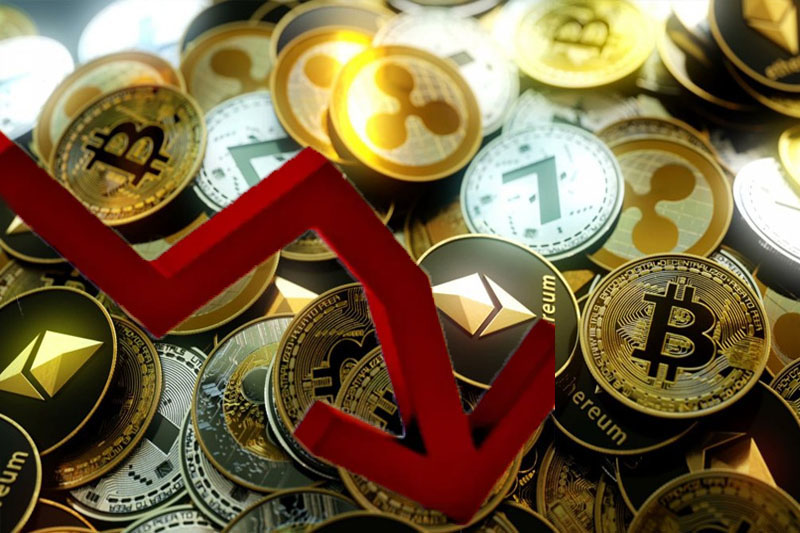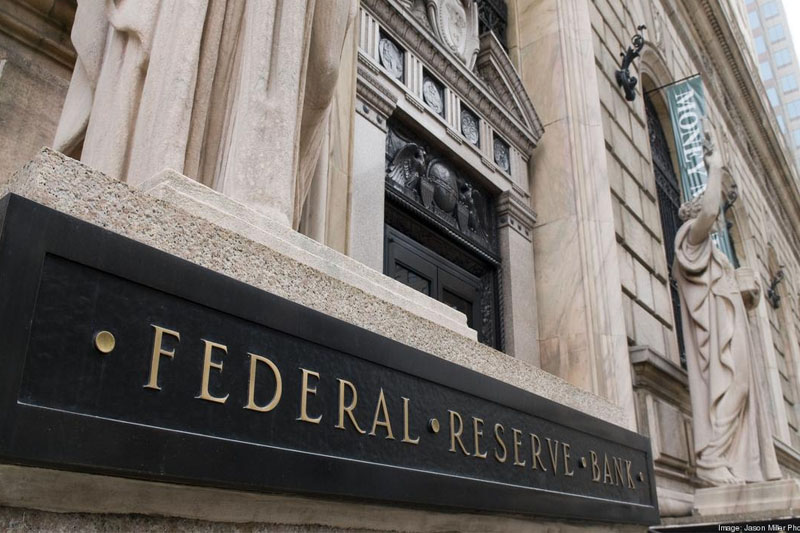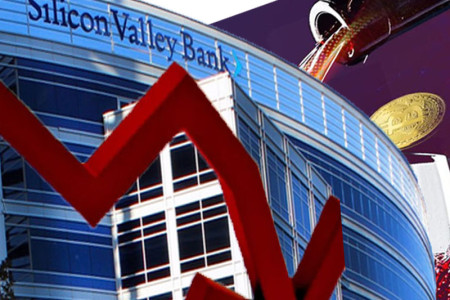But it also gave the fine wine and crypto industry a big boost as panicking investors rushed out of the financial sector and into alternative assets.
Bittersweet banking: SVB lent over $4 billion to winery clients since 1994, with over 400 wine industry clients (including wineries, vineyards and vendors) working with the bank's premium wine division, according to the bank's website.
Recent SEC filings, meanwhile, indicated SVB had about $1.2 billion in outstanding loans to high-end wine clients when the bank collapsed. Those wineries will be able to recover their money, but what happens to their lines of credit is still uncertain as the details of the bank's sale to First Citizens BancShares gets hammered out.
SVB also had deep ties to the crypto industry. Circle, the company behind popular stablecoin USDC, said it had about $3.3 billion of its $40 billion in reserves at SVB. The firm's USDC coin plunged in value on the news that the bank had failed, though it has since recovered.

The collapse of Signature Bank, a major crypto lender, also had serious implications for the industry. The Federal Deposit Insurance Corporation (FDIC) recently told the bank's crypto clients that they must close their accounts and move their money by April 5, as the deposits were not included in the rescue deal arranged with Flagstar Bank this month.

Still, Bitcoin surged more than 4% on Wednesday, marking its best performance in over a week. The coin is up 23% this month. A single coin now costs more than $28,000 — its highest level since last spring.
That's because investors are worried about the security of the US banking system and are looking for a way to protect their money outside of it, said crypto advocates.
"Bitcoin and other cryptocurrencies are built on a blockchain in a decentralized structure that is not controlled by just one entity," said Karan Malik, head of Web3 Strategy at Legacy Suite. "The argument for decentralization and the adoption of cryptocurrency has become more valid after the banks' collapse."
Cathie Wood, founder of Ark Investment Management, said in a tweet that the surge in crypto isn't surprising. "Their blockchains are decentralized, transparent and auditable. Banks are not and, in the last few days, have become less so," she said.
Investments in fine wines have also surged as investor confidence in the banking system has been shaken.
"Fine wine's performance over different market backdrops demonstrate its ability to generate alpha and improve risk-adjusted returns in a diversified portfolio due to its stability and low correlation with the equity market," said CEO and co-founder of Cult Wine Investment Tom Gearing.
The Knight Frank Wealth Report, an annual analysis by the real estate consultancy, found that 39% of ultra high networth individuals will likely invest in wine this year.
"Interest in alternatives is on the rise and will be where wealth is grown over the coming decade," said the report.
Other safe-haven investments like gold jumped in the wake of SVB's and Signature Bank's collapses. The spot price for gold is now up 7.4% for the month, though it has leveled off in recent days. Silver is up 11% for the month.
What's next: The market realizes we're "walking into a contraction in credit and an earnings contraction and the recession that will cause the default cycle. We are right in the middle of that," said Mark Connors, head of research at digital asset management firm 3iQ in a note. "So as that happens, what assets are you going to go to?" he asked. "The 10 year [Treasury] is up, gold is up, yen is up — and Bitcoin is up."
So will the surge in alternative investments last?
Goldman Sachs analysts estimated this week that households will be net sellers of $750 billion in equities in 2023, and that corporations will buy a net $350 billion in equities in 2023, a 47% slowdown from 2022. That money has to go somewhere.
But the Federal government, FDIC and Federal Reserve Bank have been working around the clock to ensure investors and customers that the US financial system is safe. Alternative investments in crypto, wines and metals, meanwhile, come with their own volatility and risk.



